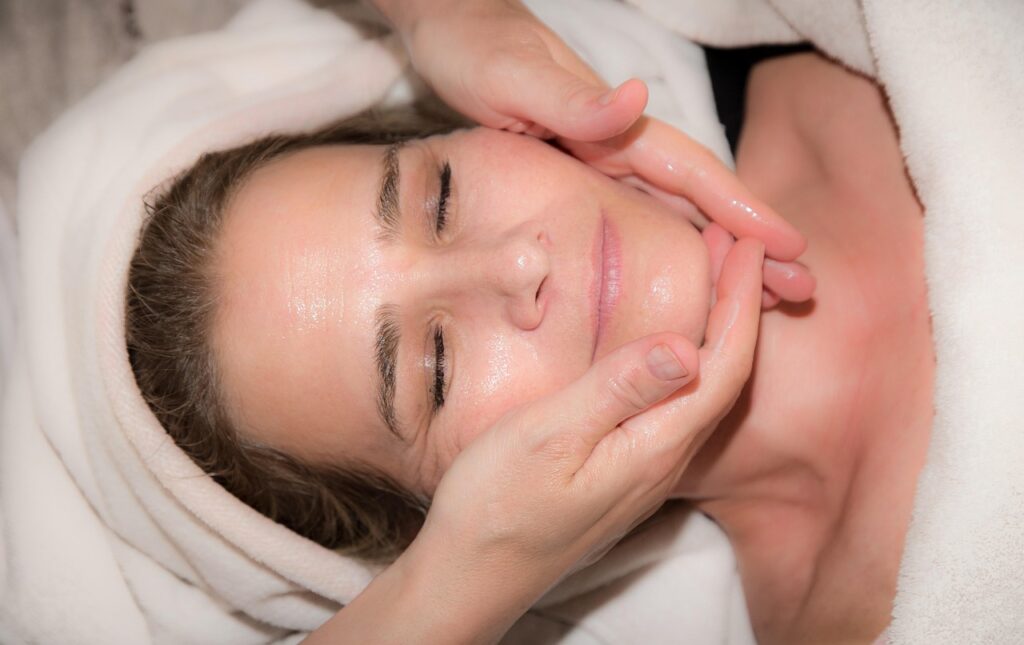Facial procedures have become a popular choice among individuals seeking cosmetic enhancements. These treatments range from surgical interventions, like facelifts, to non-invasive options, such as Botox or dermal fillers. While facial plastic surgery procedures differ in approach and recovery time, post-procedure care is key to achieving optimal results. Understanding how to recover successfully after facial procedures can make a significant difference in maintaining and enhancing the benefits of the treatment.
Follow Post-Procedure Guidelines from Your Surgeon
After any facial plastic surgery procedure, your medical provider will provide specific care instructions. Following their guidance is one of the most effective ways to promote healing. Instructions may include details about cleansing stitches, applying prescribed ointments, and avoiding certain activities. Attend any follow-up appointments scheduled by your doctor, as they allow the provider to monitor your recovery and address concerns. If you are prescribed any medications, take them as directed for pain management or to prevent infections. Skipping any medications or disregarding provided advice may disrupt the recovery process, leading to unnecessary complications or discomfort.
Rest and Avoid Strenuous Activities
Giving your body enough time to rest helps with recovery after facial procedures. Strenuous activities, such as heavy lifting or cardio workouts, can increase blood pressure, which may lead to unnecessary swelling or discomfort. Even bending over repeatedly can impact recovery by putting strain on areas of the face.
Instead, aim for light activities, such as gentle walking, to improve blood flow while avoiding unnecessary stress and incorporating adequate sleep into your recovery routine, as the body repairs itself during rest. Elevating your head while sleeping may help reduce swelling, especially after treatments targeting sensitive areas like the eyes or cheeks.
Protect Your Skin from the Sun
Post-procedure skin can become especially sensitive, making it more vulnerable to damage from UV rays. Direct sun exposure may also intensify scarring or swelling. Wearing a broad-spectrum sunscreen with a high SPF rating protects your skin during recovery. Wide-brimmed hats or umbrellas may also be useful, especially when sunscreen application isn’t feasible. It’s best to avoid excessive heat exposure, such as saunas or hot showers, as these may delay healing or interfere with final results.
Maintain Proper Nutrition and Hydration

Balanced nutrition and proper hydration contribute to recovery. A diet rich in vitamins and minerals can support your body’s natural healing process. Proteins, leafy greens, fruits, and whole grains are valuable for providing the nutrients needed to repair tissue.
Hydration plays a key role in flushing toxins and reducing swelling by keeping skin moisturized from within. While caffeine and alcohol may be tempting, limiting their consumption can be helpful, as both can dehydrate your body and potentially prolong the recovery process. Replacing them with water, herbal teas, or nutrient-rich smoothies can make the recovery experience more pleasant.
Be Patient with the Process
Recovery timelines vary depending on the type and intensity of the procedure completed. Minimally invasive treatments, like injectables, may require just a few days, while surgical procedures, such as rhinoplasty or facelifts, often take weeks for significant improvements to become visible. During this period, it’s normal to experience redness, moderate swelling, or temporary discomfort. Avoid comparing your recovery to others, even if they underwent similar treatments since factors like age, skin type, and procedural specifics influence your timeline. Permit yourself to recover quickly, celebrating progress as you go.
Consult Your Provider Before Facial Plastic Surgery
Recovering after facial procedures requires attentiveness and adherence to proper care practices. You can achieve the best outcome by following professional instructions, resting, protecting your skin, keeping a nutrient-rich diet, and practicing patience. If you are preparing for a facial procedure or have questions about personalized recovery practices, consult your healthcare provider.


